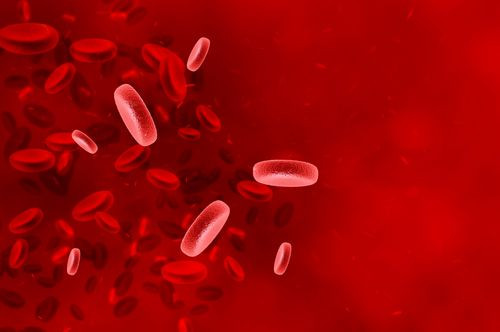Blood Transfusion Leaves Boy Allergic To Peanuts And Fish, Despite No History Of Allergies

While developing a food allergy from a blood or plasma donor is rare, it’s not impossible. Still, Canadian and American blood banks do not restrict people with allergies from donating. A report published in the Canadian Medical Association Journal highlights the case of an 8-year-old boy from Canada with no history of allergies who suffered a severe allergic reaction to salmon a couple of weeks after undergoing a blood transfusion.
Researchers involved with the study recognized two other case reports involving adults who developed temporary allergies after receiving blood plasma. One case featured an 80-year-old woman who suffered an allergic reaction to peanuts in 2007. Doctors eventually found that the woman’s 19-year-old plasma donor suffered from a peanut allergy.
"It's very rare to have an allergic reaction to a previously tolerated food," Dr. Julia Upton, the report's senior author and a specialist in clinical immunology and allergy at the Hospital for Sick Children in Toronto, told LiveScience. "Clearly, the safety of the (blood) supply is of everyone's utmost concern. I think it's hard to make sweeping recommendations based on one case report."
The boy, who was receiving treatment for a type of brain cancer known as medulloblastoma, experienced anaphylaxis within 10 minutes of consuming salmon. Doctors immediately suggested that the blood transfusion may have resulted in the allergic reaction and began treating the patient with antihistamines. The boy was told to avoid fish and carry an epi-pen in the event of another reaction. He was back in hospital four days later after eating a chocolate peanut butter cup.
Blood tests and a skin prick test revealed that the boy was allergic to peanuts and salmon — at least temporarily. Doctors were able to identify a protein the boy received during the blood transfusion. The protein which is an antibody linked to food allergies, immunoglobulin E, causes immune cells to release chemicals that lead to anaphylaxis when it comes into contact with a specific allergen.
"If a donor is feeling well and healthy on the day of donation, they are typically eligible to donate," said Dr. Courtney Hopkins, the acting chief medical officer for the east division of the American Red Cross. "We will defer donors on the day of donation if they are not feeling well and healthy, if they have a fever, or if we notice they have problems breathing through their mouth."
Since the boy’s body did not naturally produce antibodies against fish and nuts, his doctors were confident his newfound allergies would eventually subside. Blood tests revealed the boy’s immunoglobulin E levels to salmon and peanut were undetectable five months later. His parents began to reintroduce him to fish and nuts a month later.
Source: Ching J, Lau W, Hannach B, Upton J. Peanut and fish allergy due to platelet transfusion in a child. Canadian Medical Association Journal. 2015.
Published by Medicaldaily.com



























